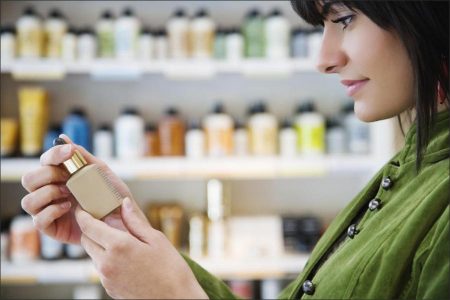If you’ve ever bought a personal care product because you thought it was natural, hypoallergenic, or wouldn’t cause your toddler to cry in the bath, you’ve probably wasted your money.
I use the Garnier Fructis Body Boost Fortifying Shampoo. The bottle says that it’s for “fine or flat hair” and “weightlessly boosts for all-day volume.”
Cosmetics expert Paula Begoun says that’s false information: “Body Boost Fortifying Shampoo has lots of window-dressing wording that looks good on the label but does nothing for your hair.”
Oh, and my hair isn’t fine or flat. It’s thick and full. Despite the product’s claims, I use it because I love its citrus scent and, as Begoun puts it, “the shampoo does a great job of cleansing all hair and scalp types with minimal risk of buildup.”
So why does Garnier market it otherwise? In short, because they can – which is exactly why you should never buy a personal care product based on a promise on its packaging.
Unlike medications, these products are not approved by the FDA. It’s shocking, I know – we apply them to a vital organ (our skin) on a daily basis – but it’s true.
As the Campaign for Safe Cosmetics puts it… The FDA’s Office of Cosmetics and Colors has regulatory jurisdiction over cosmetics and personal care products. Most people assume the FDA regulates these products in the same way it does food and drugs to assure safety. In fact, cosmetics are one of the least regulated consumer products on the market today.
In other words, the FDA does not police cosmetic products or their ingredients. The only thing it really has any say in is certain parts of cosmetic products’ labels.
Views: 247



